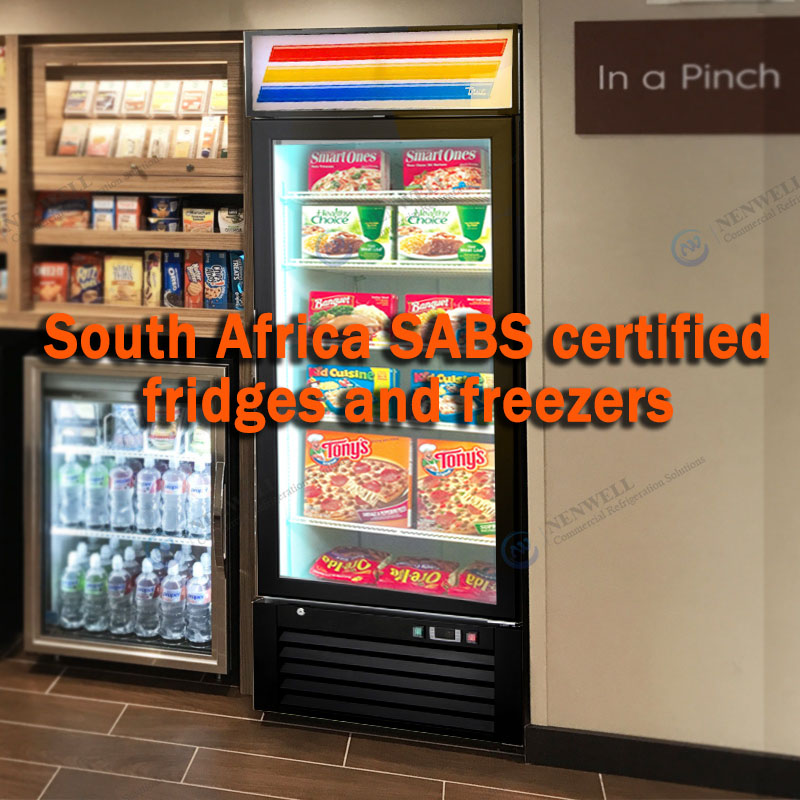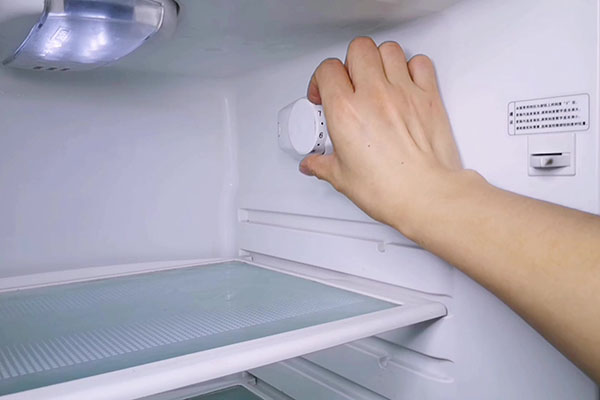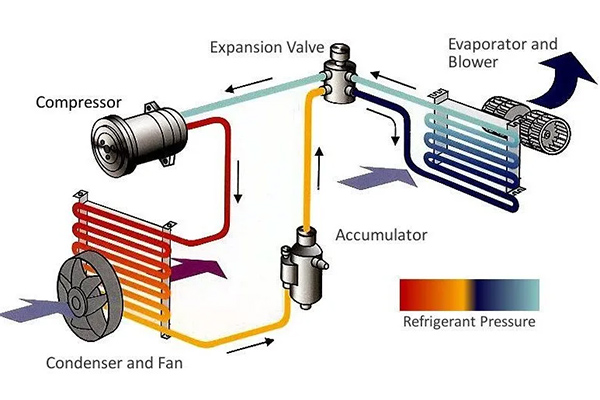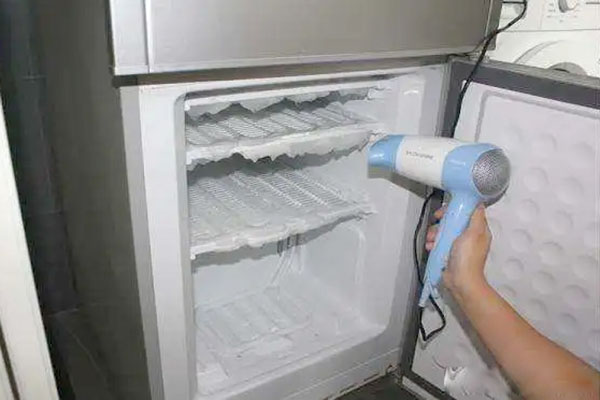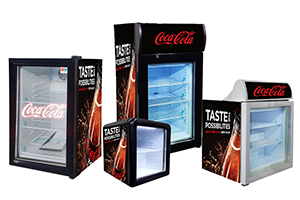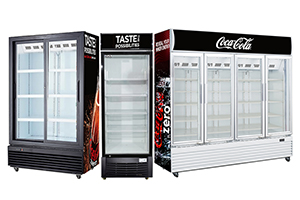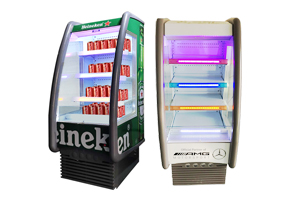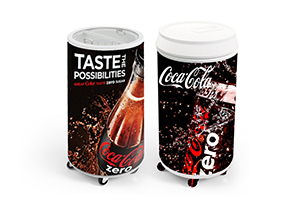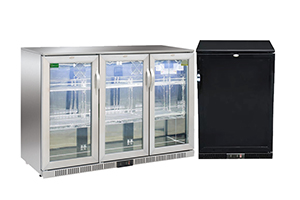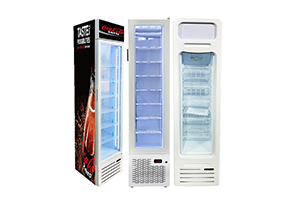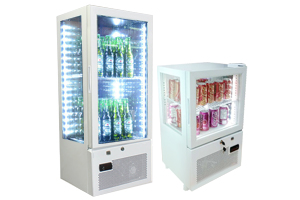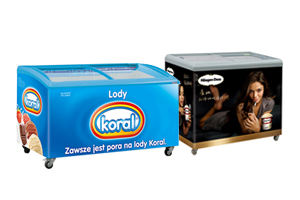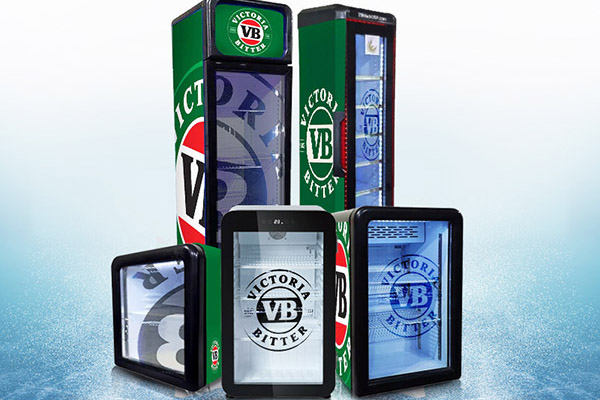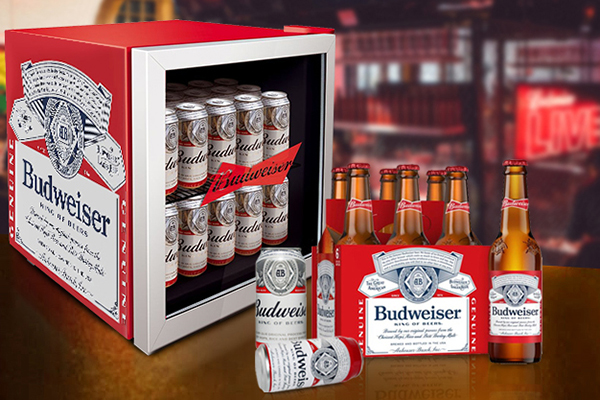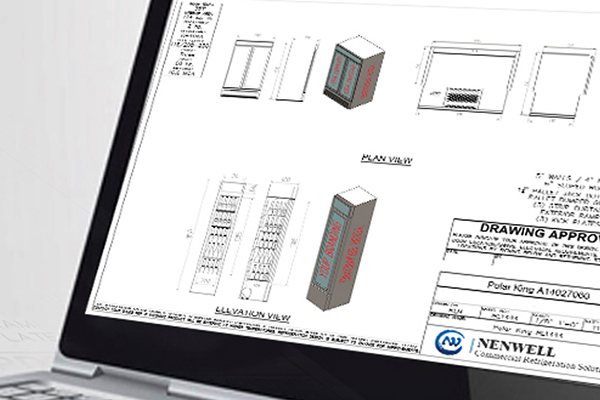What is South Africa SABS Certification?
SABS (South African Bureau of Standards)
SABS stands for the South African Bureau of Standards. SABS is the national standards organization in South Africa, responsible for the development and maintenance of standards to ensure the quality, safety, and performance of products and services in the country. SABS certification, often referred to as SABS Mark or SABS Certification, is a system that verifies that products meet South African standards and regulations.
What are SABS Certificate's Requirements on Refrigerators for South African Market?
SABS (South African Bureau of Standards) certification requirements for refrigerators in the South African market are designed to ensure that products entering the country meet specific standards for safety, quality, and compliance with South African regulations. Here are some of the key requirements for SABS certification for refrigerators in South Africa:
Safety Standards
Refrigerators must comply with South African safety standards to ensure that they do not pose electrical, fire, or other safety risks to consumers. These standards cover various aspects of product safety, including electrical safety and fire safety.
Technical Regulations
Refrigerators should adhere to South African technical regulations specific to these appliances. These regulations define the requirements for factors like energy efficiency, performance, and environmental considerations.
Energy Efficiency Standards
Compliance with energy efficiency standards is important. Refrigerators should meet specific energy efficiency requirements to reduce energy consumption and minimize environmental impact. The standards may be based on South African national standards or international norms.
Environmental Considerations
Refrigerators should consider environmental standards, including regulations related to the use of refrigerants, recycling and disposal requirements, and energy-efficient design.
Labeling and Documentation
Products must be correctly labeled and accompanied by documentation that includes information about energy efficiency, safety, and other relevant details. This information helps consumers make informed choices.
Third-Party Testing
Manufacturers typically work with accredited testing laboratories and certification bodies to assess their products for compliance with safety, energy efficiency, and other relevant standards. The testing process includes inspections and product evaluations.
Auditing and Surveillance
To maintain SABS certification, manufacturers may be subject to periodic audits to ensure that their products continue to meet the required standards.
Marking and Labeling
Products that successfully obtain SABS certification should display the SABS Mark or label on the product or its packaging to indicate compliance with South African standards.
Tips about How to Obtain SABS Certificate for Fridges and Freezers
It's important to note that SABS certification is often a requirement for many products, including refrigerators, sold in the South African market. Non-compliance with SABS requirements can result in restrictions, fines, or product recalls. Manufacturers should work closely with authorized certification bodies and adhere to the applicable technical regulations to ensure their products meet the required standards and obtain SABS certification. The certification process involves rigorous testing, inspection, and verification to confirm conformity with South African standards and regulatory requirements.
Obtaining a SABS (South African Bureau of Standards) certificate for fridges and freezers is essential if you intend to sell these products in South Africa. The SABS certification demonstrates compliance with safety and quality standards in South Africa. Here are some tips on how to obtain a SABS certificate for your fridges and freezers:
Identify Applicable SABS Standards
Determine the specific SABS regulations and standards that apply to refrigerators and freezers in South Africa. SABS standards often cover safety, energy efficiency, and quality requirements.
Product Compliance Assessment
Assess your fridges and freezers to ensure they meet the requirements of the relevant SABS standards. This may involve design modifications to meet specific safety and performance criteria.
Risk Assessment
Conduct a risk assessment to identify and mitigate potential hazards associated with your products. Implement safety measures to address any identified concerns.
Technical Documentation
Prepare comprehensive technical documentation that includes information about your product's design, specifications, safety features, and test results. This documentation is crucial for the certification process.
Testing and Verification
Depending on the standards applicable to your products, you may need to conduct testing or verification to confirm compliance. This may include safety testing, energy efficiency testing, and other assessments.
Choose a SABS Certification Body
Select an accredited SABS certification body or organization in South Africa to perform the certification process. Ensure that the certification body is recognized by SABS.
Apply for SABS Certification
Submit an application for SABS certification with the chosen certification body. Provide all the necessary documentation, test reports, and fees as required.
Certification Assessment
The SABS certification body will assess your products against the applicable SABS standards. This may involve audits, inspections, and testing as necessary.
SABS Certification
If your products successfully meet the required standards and pass the assessment process, you will be granted SABS certification. This certification signifies that your fridges and freezers comply with recognized safety and quality standards in South Africa.
Display the SABS Mark
After receiving the SABS certification, you can display the SABS Mark on your products. Ensure that the mark is placed prominently to inform consumers and regulators that your products meet South African standards.
Ongoing Compliance
Maintain records and documentation related to your products and ensure ongoing compliance with SABS standards. Be prepared for audits, inspections, or surveillance by the certification body.
The Difference Between Static Cooling And Dynamic Cooling System
Compare with static cooling system, dynamic cooling system is better to continuously circulate the cold air around inside the refrigeration compartment...
Working Principle Of Refrigeration System – How Does It Work?
Refrigerators are extensively used for residential and commercial application to help store and keep food fresh for longer, and prevent spoilage ...
7 Ways to Remove Ice from a frozen Freezer (the Last Method Is Unexpected)
Solutions to removing ice from a frozen freezer including cleaning the drain hole, changing the door seal, manual removing the ices ...
Products & Solutions For Refrigerators And Freezers
Retro-Style Glass Door Display Fridges For Beverage & Beer Promotion
Glass door display fridges can bring you something a little different, as they are designed with an aesthetic appearance and inspired by the retro trend ...
Custom Branded Fridges For Budweiser Beer Promotion
Budweiser is a famous American brand of beer, which was first founded in 1876 by Anheuser-Busch. Today, Budweiser has its business with a significant ...
Custom-Made & Branded Solutions For Refrigerators & Freezers
Nenwell has extensive experience in customizing & branding a variety of stunning and functional refrigerators & freezers for different businesses...
Post time: Oct-31-2020 Views:

